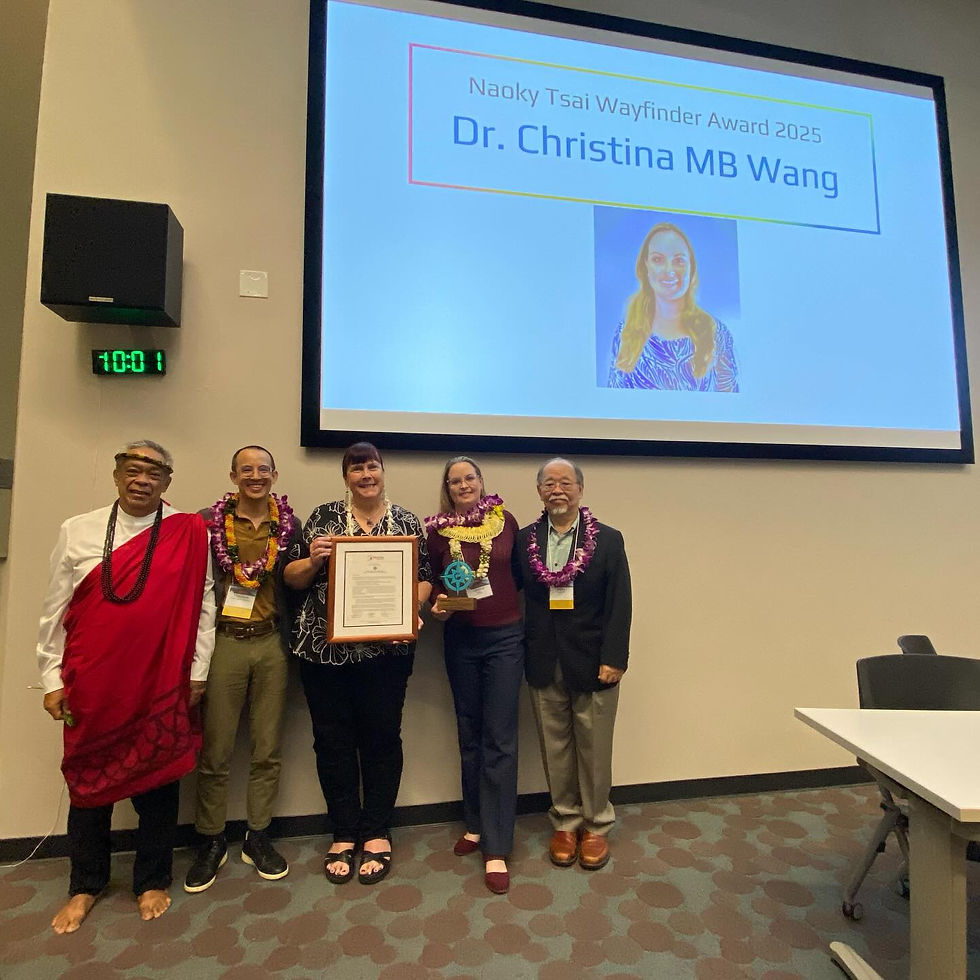HHHRC Candidate Survey on LGBTQ Issues
- hnakao6
- Aug 13, 2024
- 2 min read
On August 6, HHHRC released the results of a four-question candidate survey on civil rights issues and public health policies that impact the state’s trans and LGBQ communities.
Candidates were asked whether they support existing federal and state protections that prohibit discrimination against sexual and gender minorities, public access to science-based sexual health information, safer sex supplies, biomedical HIV prevention, and increased access to gender-affirming care.
Candidates were also asked if they support a Constitutional Amendment on the November ballot that would repeal a provision of Hawaiʻi’s constitution providing the state legislature the authority to limit marriage to opposite-sex couples.
“With public officials on the continent contemplating the refusal of federal funding for HIV prevention and care services, curbing state access to gender-affirming care, forwarding transphobic rhetoric and legislation, and restricting access to sterile syringes to curb the spread of HIV, we thought it important to highlight Hawaiʻi’s salutary record on public health and civil rights. We provided incumbent officeholders and candidates with the opportunity to weigh in during this key moment,” said HHHRC Executive Director Heather Lusk.
“We’re generally pleased with the level of responses received, especially from House leadership. We had hoped for more responses from Republicans, challengers, senators, and OHA candidates,” said HHHRC Policy & Advancement Manager Nikos Leverenz. “Project 2025 contemplates the elimination of various protections for trans and LGBQ people and the elimination of inclusive language in federal agencies. Unfortunately, it aligns with some of the anti-trans legislation introduced by Republican lawmakers in Hawaiʻi in 2024. It’s imperative for those who aspire to work in public office to declare where they stand on important issues impacting the health and well-being of our communities.
“We’re glad that two of three OHA respondents noted the role of māhū in Native Hawaiian culture, with all three supporting access to gender-affirming care and affirming existing state and federal legal protections against discrimination. Native Hawaiians and sexual and gender minorities (SGMs) face persistent health disparities. State policies and practices should be recalibrated to improve health outcomes for all residents. Disproportionate involvement in the criminal legal system contributes significantly to poor health outcomes among Native Hawaiians and SGMs. The continued criminalization of poverty and behavioral health perpetuates a range of poor outcomes and systemic disparities across generations,” he added.
The survey was covered and posted in Honolulu Civil Beat.










Comments